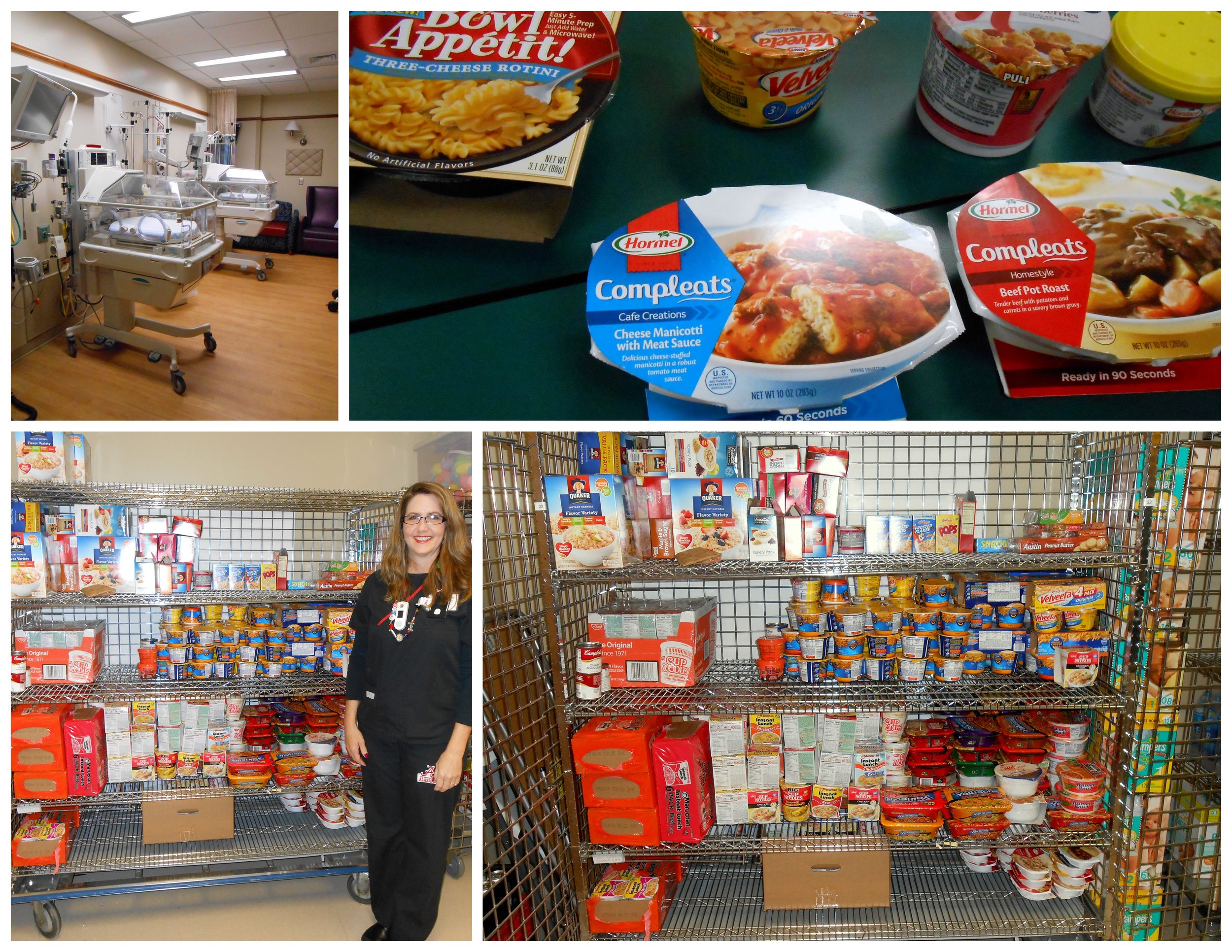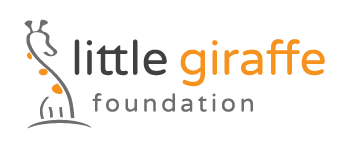
Little Giraffe Foundation
2013 Neonatal Research Grants
After long deliberations, the Little Giraffe Foundation voted to fund 5 initiatives for 2013, totaling over $15,000. 2 Neonatal Research Grants to forward medical care for premature babies and 3 NICU Support Grants designed to improve the lives of the families and babies in the NICU.
2013 Neonatal Research Grants
Brigham and Women’s Hospital and Harvard Medical School - $7,500 Awarded
For the second year running, LGF has chosen to support the research of Dr. Amir Lahav. We are extremely passionate about the work that Dr. Lahav and his team are doing. They are amazingly committed to this initiative and have already made some remarkable discoveries. Their research is unique and refreshing in that it is non-invasive and comforting for the babies who are so ill. We are hopeful that with this additional support from LGF, the Lahav Lab will collect the additional data needed to encourage other hospitals to implement these protocols.
Research: Improving weight gain, feeding, and cardiorespiratory outcomes in very low birthweight preterm infants by providing them with a more womb-like environment
Emily Zimmerman, PhD, CCC-SLP and Amir Lahav, ScD, PhD
To examine if providing very low birthweight (VLBW; <1500g) infants with maternal stimulation, consisting of both sounds and vibrations, during their Neonatal Intensive Care Unit (NICU) hospitalization will improve their weight gain, feeding skills, and cardiorespiratory outcomes.
Forty VLBW infants will be randomly assigned to stay in either a Vibro-Acoustic Bed (VAB) or a Routine Hospital Bed (RHB) throughout the course of their NICU stay. Infants in the VAB group will receive maternal stimulation via innovative vibro-acoustic technology. The VAB provides infants with: (1) auditory stimulation of their mother’s voice via micro-audio speakers installed at the bedside; and (2) vibro-tactile stimulation of their mother’s heartbeat via micro-subwoofers embedded within the mattress of the infant’s bed. Infants randomized to the RHB group will receive the standard care and serve as controls.
We hypothesize that exposure to maternal stimulation, consisting of both sounds and vibrations, will provide VLBW infants with the essential womb-like environment necessary to complete their normal maturation outside of the womb and will have immediate short term effects on weight gain, feeding, and cardiorespiratory outcomes. In the long term, our research may increase the potential of sick babies to develop into healthy children, free of disability.
MidAtlantic Neonatology Associates, Atlantic Health Systems - $5,000 Awarded
Research: Assessing the Association between Apolipoprotien E Genotype and Neurodevelopmental Outcomes in a High-Risk and Preterm Infant Population
Diego Iacono, MD, PhD – Neurologist, pathologist, BRInj and AHS
Sunita Goil, MD – Neonatologist, MANA
Tosan Livingstone, MD – Child Development Clinic, AHS
Tara Gleeson, NP – Child Development Clinic, AHS
Recent data suggests that Apolipoprotein E (ApoE) plays a central role in brain development, plasticity and health, and that various distributions of its three isoforms may be either detrimental or neuroprotective for certain neurological conditions. The neonatal population has been largely unrepresented in studies of ApoE allelic distribution, despite the fact that these high-risk infants routinely present with poor neurodevelopmental outcomes.
Our study was designed to bridge that gap; to more clearly understand whether ApoE affects long-term clinical outcomes within the neonatal population. In particular, we hope this study will provide the initial clinical evidence to support mechanistic studies of ApoE’s role in early development, and will allow neonatal care staff and developmental pediatricians to better serve the high-risk infant population in the future.
